In a world currently experiencing more than 50 shades of love – love hinged on money, love premised on beauty, love driven by pleasant circumstances and love killed by hardship – the story of Naomi Dauda, a displaced bride, is perhaps the real definition of true love.
Today, Dauda has no place to call home. The place where she hides her head for shelter and the basic amenities of life is gradually being taken away from her. No despair; she still has her hope unwavering.
Like many of her former classmates, Dauda survived the pressure of yielding to child marriage, graduating from Government Secondary School, Uba, Borno state, in 2013. But unlike many of her peers, she decided to continue her education and she applied for admission into Federal Polytechnic Mubi to study for a National Diploma (ND) in 2014.
A sense of history reminds us that this polytechnic found its way to the headlines in October 2012 for what was latter dubbed ‘the Mubi massacre’, when over 40 students were killed in an attack by unknown gunmen.
Advertisement
In April 2014 – the month 276 girls were abducted from government girls secondary school, Chibok – Dauda got married to “the love of her life”, Hassan Thomas.
God quickly blessed their union and she took in for her beloved. But just as the bond grew stronger, Boko Haram ransacked Uba, rendering heavily-pregnant Dauda a fugitive, while taking her husband, his twin Hussein Thomas, and her own brother.
Heavy with pregnancy, Dauda fled Mubi for Yola, where she stayed with a guardian who eventually abandoned her, with the cliché: “Boko Haram is coming.” She wandered the streets of Yola for weeks but found no help.
Advertisement
On December 2, 2015 Dauda ran into labour and was found by a member of the Red Cross, who took her to Yola Specialist hospital where she delivered a baby boy, without expected complications.
After birth, Dauda was brought to a camp for internally displaced persons in Malkohi, Adamawa state Nigeria. There, she christened her son Abraham Dauda Thomas – adopting her father’s name and her husband’s surname. But the boy is addressed as Ibrahim, the predominant pronunciation of the name in the Islam-dominated region.
Abraham – or Ibrahim as you may so desire – is Dauda’s only “available relative”.
“I lost my parents very early in life. Boko Haram burnt our house, they took my brother and I was left with just myself. Ibrahim is my only available relative,” she tells TheCable.
Advertisement
The 21-year-old strongly believes her husband would return from captivity, back to her. As she is extremely hopeful, she adorns herself with her wedding ring (pictured), the only tangible relic she has of her husband.
“I know my husband will come back to me. I am waiting and I’d keep waiting for him,” she says.
Though her education was truncated by by the insurgents, Dauda says her son will school and hopefully become a doctor.
“I want my son to become a doctor; he’d go to school and become a doctor.”
Advertisement
As the Nigerian government continues to close camps for internally displaced persons in northeast Nigeria despite raging Boko Haram attacks, Dauda and her son may be on the streets again, living one day at a time. But more than anything else, her ultimate dream is the return of her dream husband.
Advertisement
Advertisement
1 comments

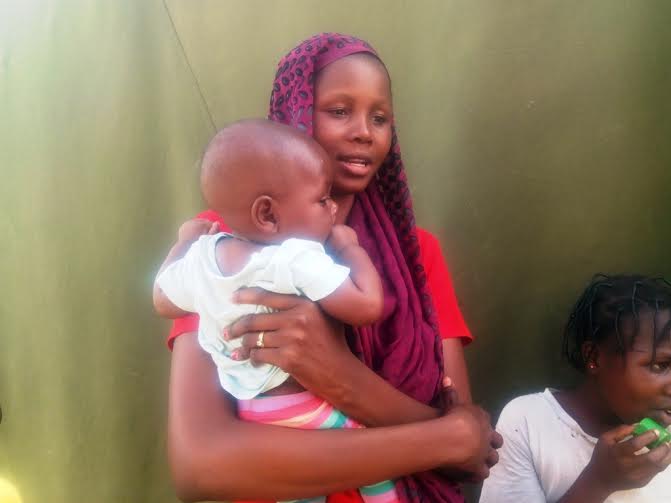
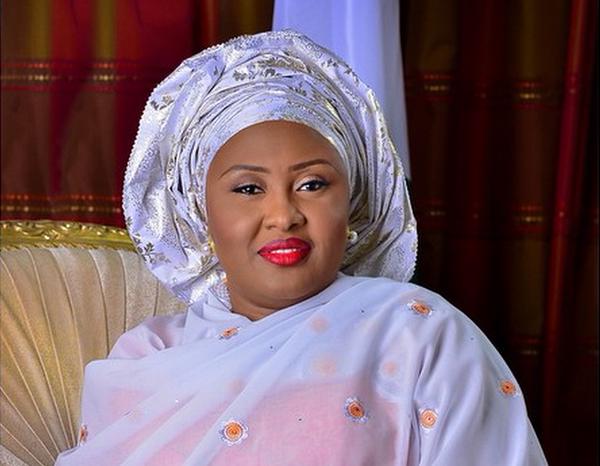

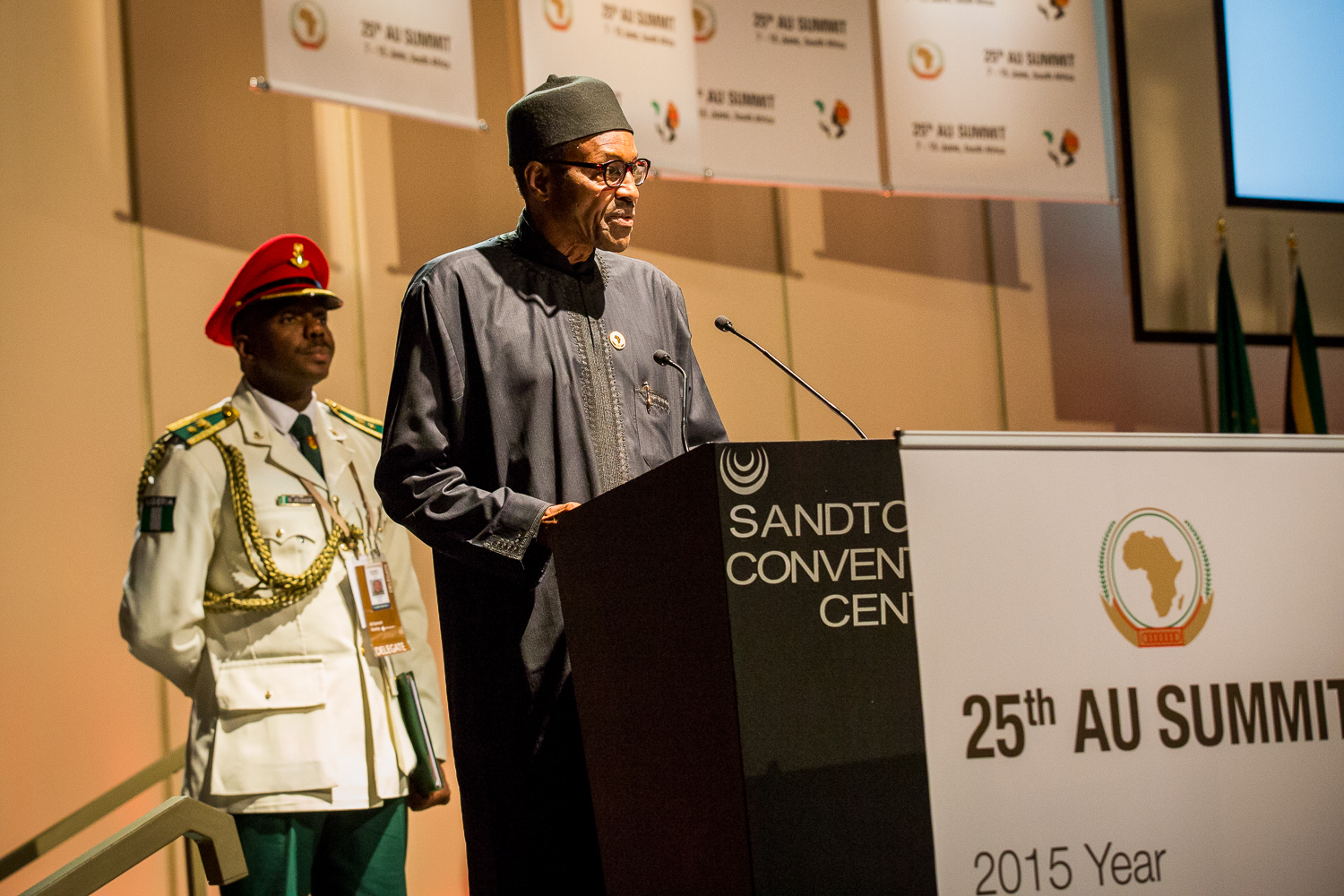
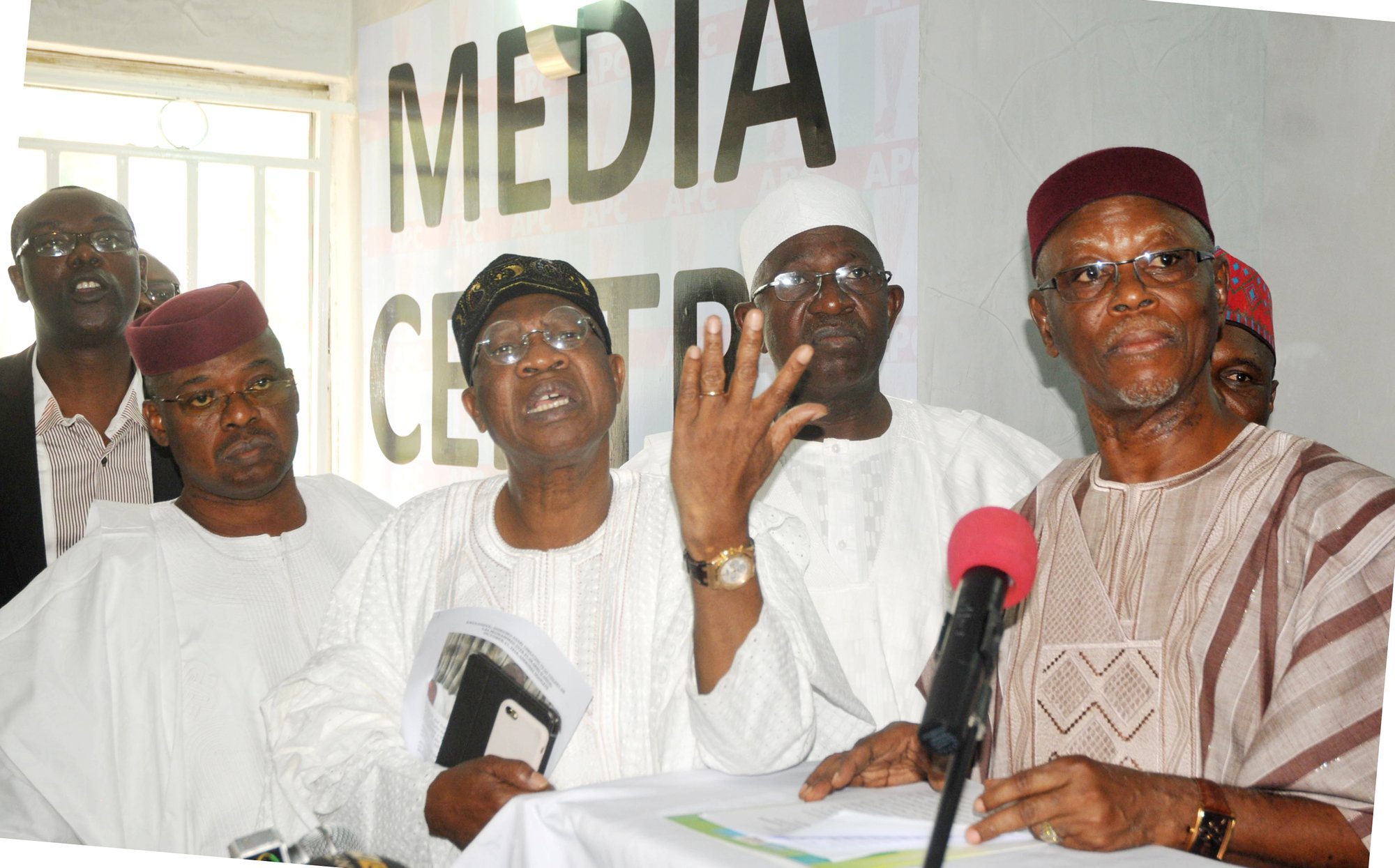
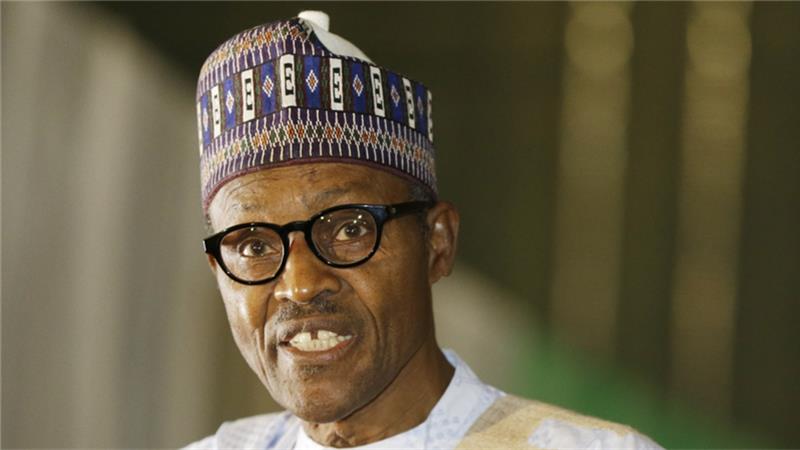

“I want my son to become a doctor; he’d go to
school and become a doctor.”… Ambition in the midst of hopelessness, definitely an enviable attitude.
Great job lending a voice to the struggles of the unheard.